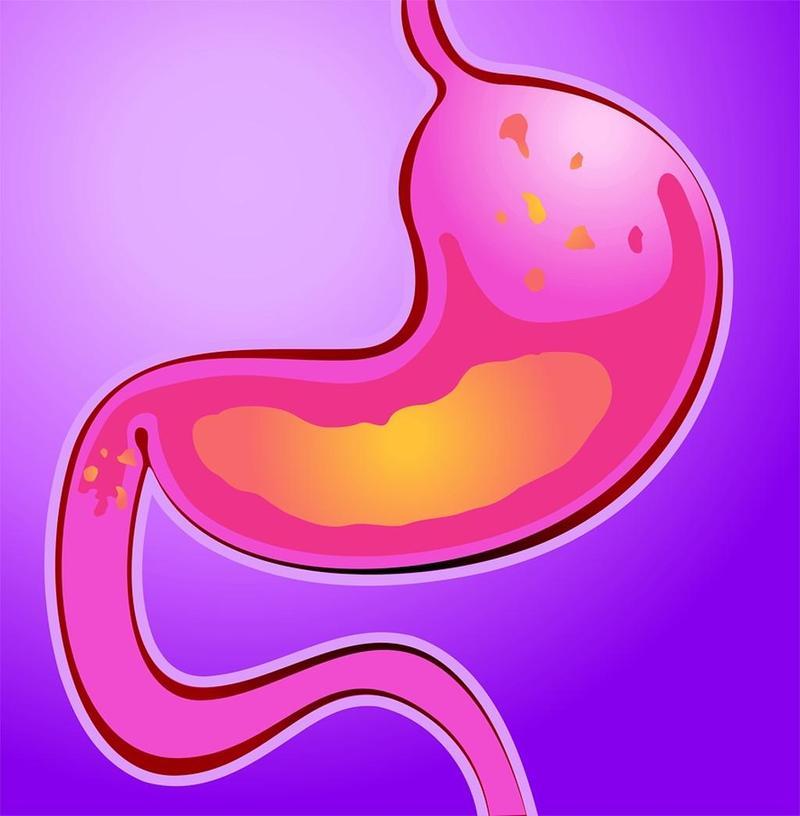How to Sooth A Stomachache
How to Sooth A Stomachache
When your tot’s tummy is upset, you want to fix the problem fast. Knowing exactly how to help can be tricky, since he can’t tell you why it hurts. Find out what might be causing your baby or toddler’s bellyache and how you can help settle his stomach.
Symptoms
Your little one might be telling you he’s got tummy pains if he shows one or more of these signs:
Acts fussy or grumpy
Doesn’t sleep or eat
Cries more than usual
Diarrhea
Vomiting
Trouble being still (squirming or tensing up muscles)
Makes faces that show pain (squeezing eyes shut, grimacing)
Stomachaches are common for kids. Luckily, they’re not usually caused by anything serious. They can be painful, though, so it’s good to have soothing strategies on hand.
Causes
It can happen for many reasons.
Colic usually happens in babies under 3 months old. Doctors aren’t sure why babies get colic, but they think it may make the intestines tighten painfully. Your baby might have colic if he:
Cries more in the late afternoon or evening
Cries for at least 3 hours for 3 days a week or more for at least 3 weeks
Pulls his legs to his chest when he cries
Passes lots of gas
Soothing strategy: Every baby is different, but there are options you can try:
Swaddle your baby in a blanket
Hold your baby and walk around or rock him
Use white noise as a distraction
Offer a pacifier
Also, take care of yourself. The constant noise and stress of a crying baby can wear down even the most patient parent. Call on a partner or caregiver to step in when you need a break.
Gas. In babies, colic and gas often go hand and hand. Their new digestive systems are still working out the kinks as they grow. Gas can come from:
Bacteria in the intestines
Swallowing air
Trouble digesting formula or certain foods
Trouble with breast milk when mom eats certain foods
Soothing strategies: If you’re breastfeeding your baby, talk to his doctor about your diet. You may be able to solve the problem by avoiding foods that seem to bother your baby. If he takes formula, ask your doctor if switching to a different kind might help. You can also try giving your baby gas drops made with simethicone, but there’s no clear proof that they work.
Constipation. It can hurt when little systems back up. If all your child can get out is hard, dry bowel movements, or none at all, he’s constipated.
Some of the reasons constipation happens include:
Holding in bowel movements
Not eating enough fiber-rich foods like fruits and vegetables
Not drinking enough water
Changes in diet or routine
Taking certain medications
Milk allergies
Although it can happen in babies, it’s more common once a child starts to eat solid foods.
Keep in mind that it’s normal for babies to strain and grunt while they try to poop. It’s even OK for them to go a week between bowel movements if they’re otherwise OK. They’re using all their fuel to build a growing body!
Soothing strategies: The best way to calm a constipated tummy is to get bowel movements moving again. There are a few ways you can help get things going:
Give your child prune juice.
Cut constipating foods out of your child’s diet, like milk and cheese.
Make sure your child gets regular physical activity.
Take a break from toilet training.
Don’t give your child a laxative until you check with his doctor.
Reflux. Babies with reflux (heartburn) have a burning sensation from stomach acid coming back up their esophagus. Sometimes, infants with reflux have a digestive disorder called GERD (gastroesophageal reflux disease) Signs include:
Refusing to eat
Hiccups
Gagging or choking
Coughing a lot, especially at night
Wheezing
Frequent ear infections
Rattling in the chest
Vomiting or spitting up a lot
Poor weight gain
Bleeding in the GI tract
Soothing strategies: Your doctor can recommend different feeding positions that keep your baby upright and help acid stay out of his esophagus. There are also medications your doctor can prescribe that help take away stomach acid and make the stomach empty faster, if the baby is not gaining weight or there are other concerns. Many infants outgrow reflux problems by age 1.
When to Call the Doctor
If your child’s stomachache comes on really quickly, or if it won’t go away, check in with the pediatrician. His doctor will especially want to know if your child has other symptoms, such as:
Vomiting
Fever of 100.4 or higher
Sore throat
Diarrhea that lasts a few days or more
These can all be signs of viral or bacterial infections, such as:
Strep throat
Urinary tract infection (most common in girls age 1–5)
Gastroenteritis
Rotavirus
Salmonella
E. coli
Campylobacter
Shigellosis
Other less common causes of stomachache include:
Appendicitis. If the pain is in the center of your child’s stomach and later moves to the right, it could mean appendix problems. It’s rare for this to happen in kids under 5.
Intestinal blockage. It’s rare, but sometimes between 8–14 months, part of your child’s intestine can slide into another part and block it. Your doctor can use X-rays to diagnose the problem. An enema or surgery will unblock it.
Parasite. Your doctor can test a sample of your child’s stool to see if a parasite is to blame. Parasites can be treated with antiparasitic medicines.
by Dan Brennan For Webmd
Be the first to post a message!
